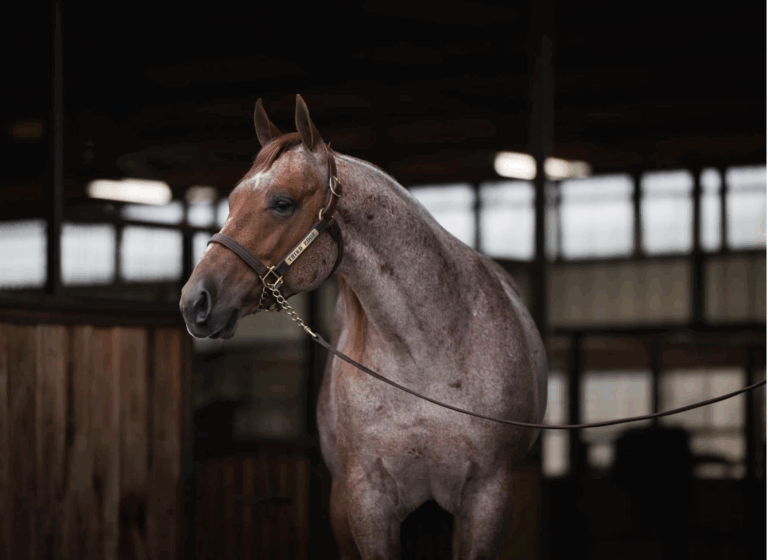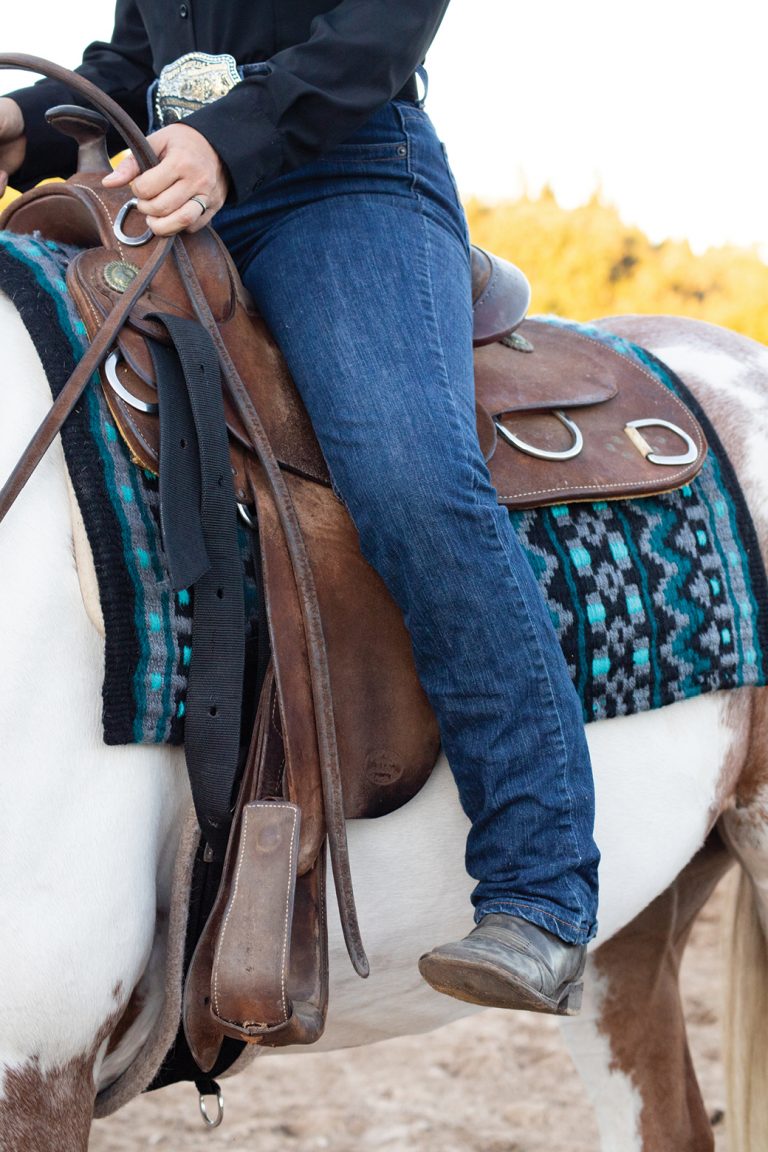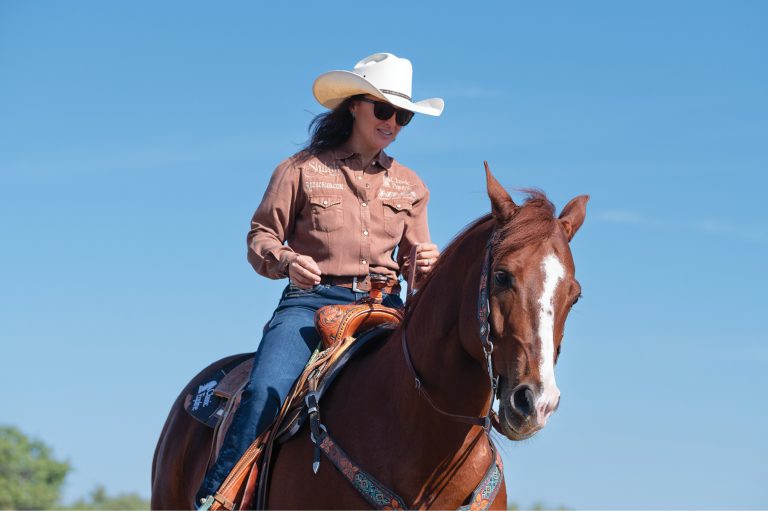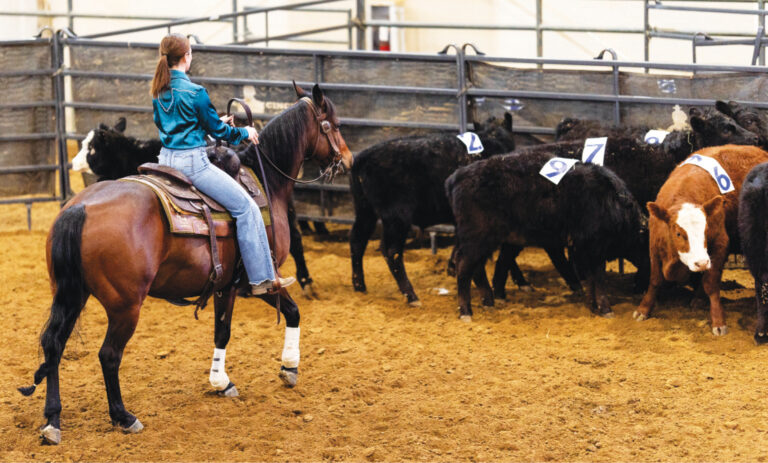Horse sales have shaped the financial ebbs and flows of the equine industry for a century, allowing the free market to set the price for every level of horse available—from the highest-end show and breeding prospects to would-be rescue horses and everything in between. For years, horse sales have gotten a bad rap as places horse traders could get the best of buyers. But times have changed, and reputable sales provide a one-stop-shop to buy and sell with consignors who are in the business for the long haul. We brought together a team of experts to break down the ins and outs of horse shopping at an equine auction.
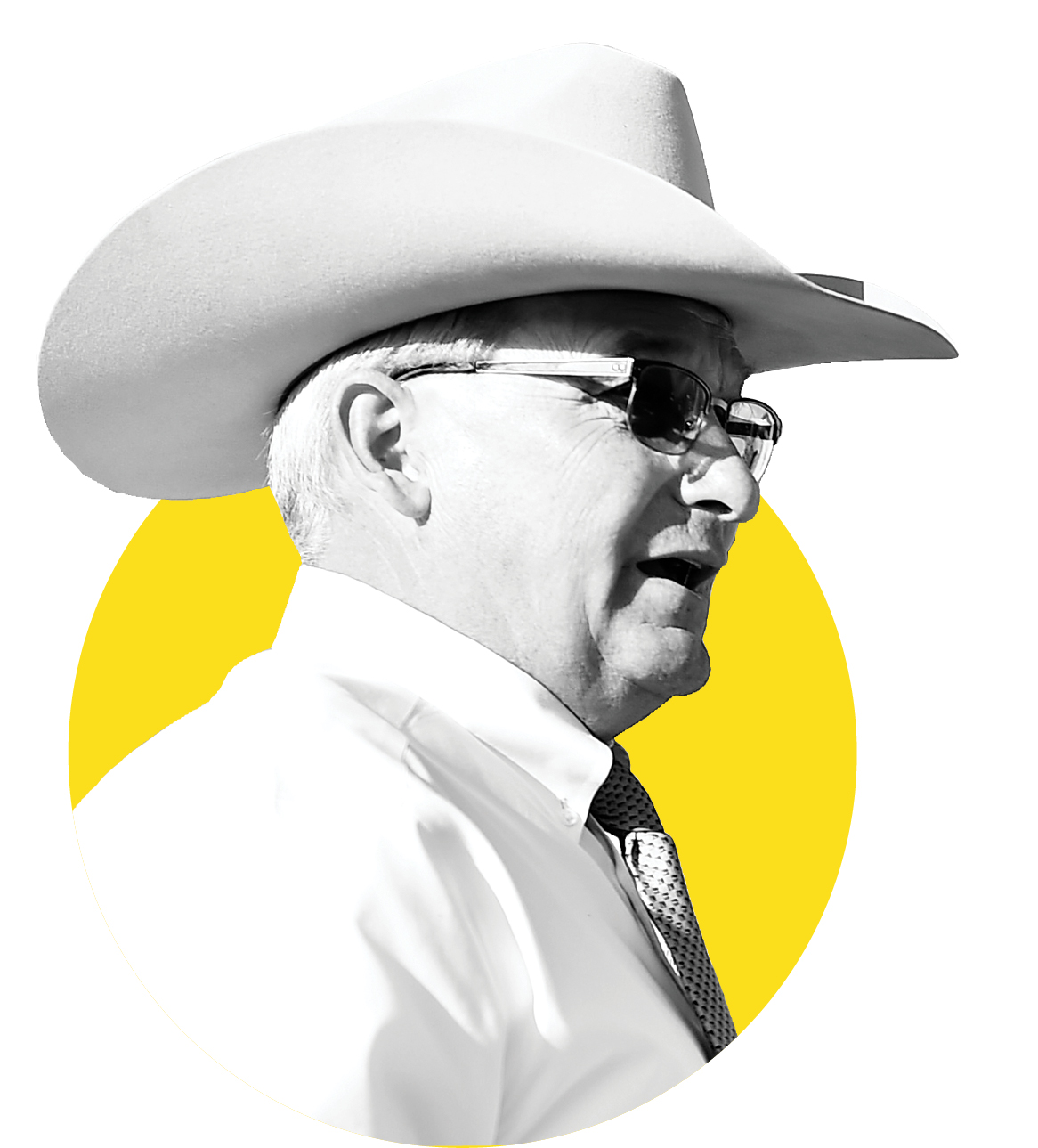
Steve Friskup, of Muleshoe, Texas, has been involved in the Clovis Horse Sales for more than 30 years, now as an ownership partner, and he’s the country’s leading Western performance horse auctioneer. Friskup has sold some of the highest-selling horses in the business, but he also prides himself on ensuring quality in the market for the everyday horsemen and horsewomen, too. More info: clovishorsesales.com.
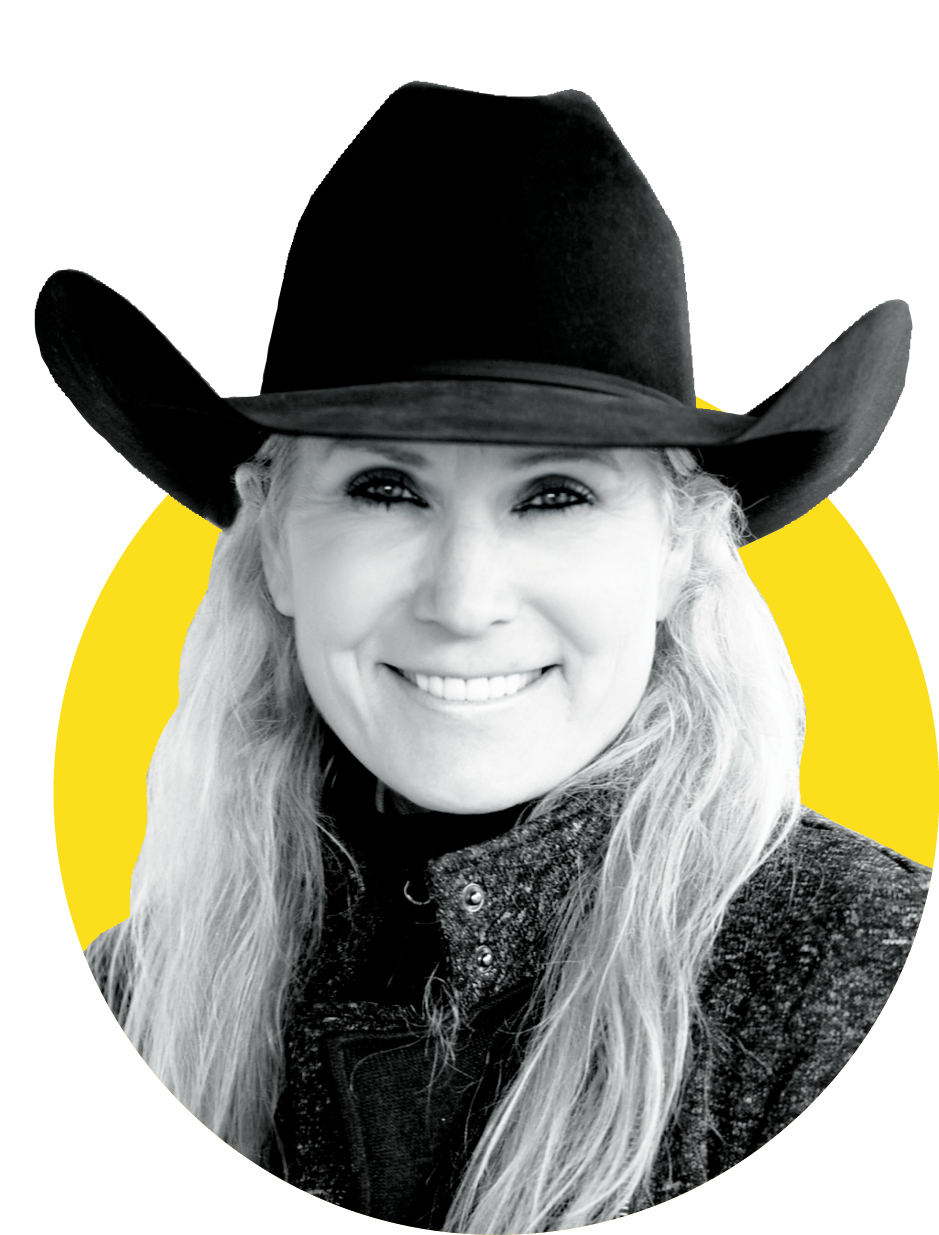
Jann Parker, of Billings, Montana, is one of the horse industry’s leading ladies. With her late husband, Bill, Parker built Billings Livestock Commission’s Horse Sales into one of the top volume consignment horse sales in the nation. BLS offers monthly horse sales featuring everything from cutters and reiners to trail horses, guest ranch horses, and rope horses. More info: billingslivestock.com.

Sarah Bowman, of Grapeland, Texas, along with her husband Joel, operates the monthly Anderson County Horse Sale at the Anderson County Livestock Exchange. The Bowmans’ extensive background in the horse industry gives them a no-nonsense approach to buying and selling horses in the heart of Texas. More info: andersoncountylivestockexchange.com.
Before Sale Day
The hard work of horse shopping happens long before the day of the sale. Doing your homework—on the sale company, on the consignors, and on the horses—is the best way to ensure you’re getting the horse you want.
Know the Sale Company.
Take a look at the longevity of the sale company hosting the auction, and find out how long it’s been in business.
“Make sure it’s licensed and bonded—those are big deals,” Friskup said. “Look at the longevity of the relationships the sale company has with the consignors and the buyers. Those of us who have been in business a while, we aren’t trying to do anything bad to anybody. We’re all trying to do a good job.”
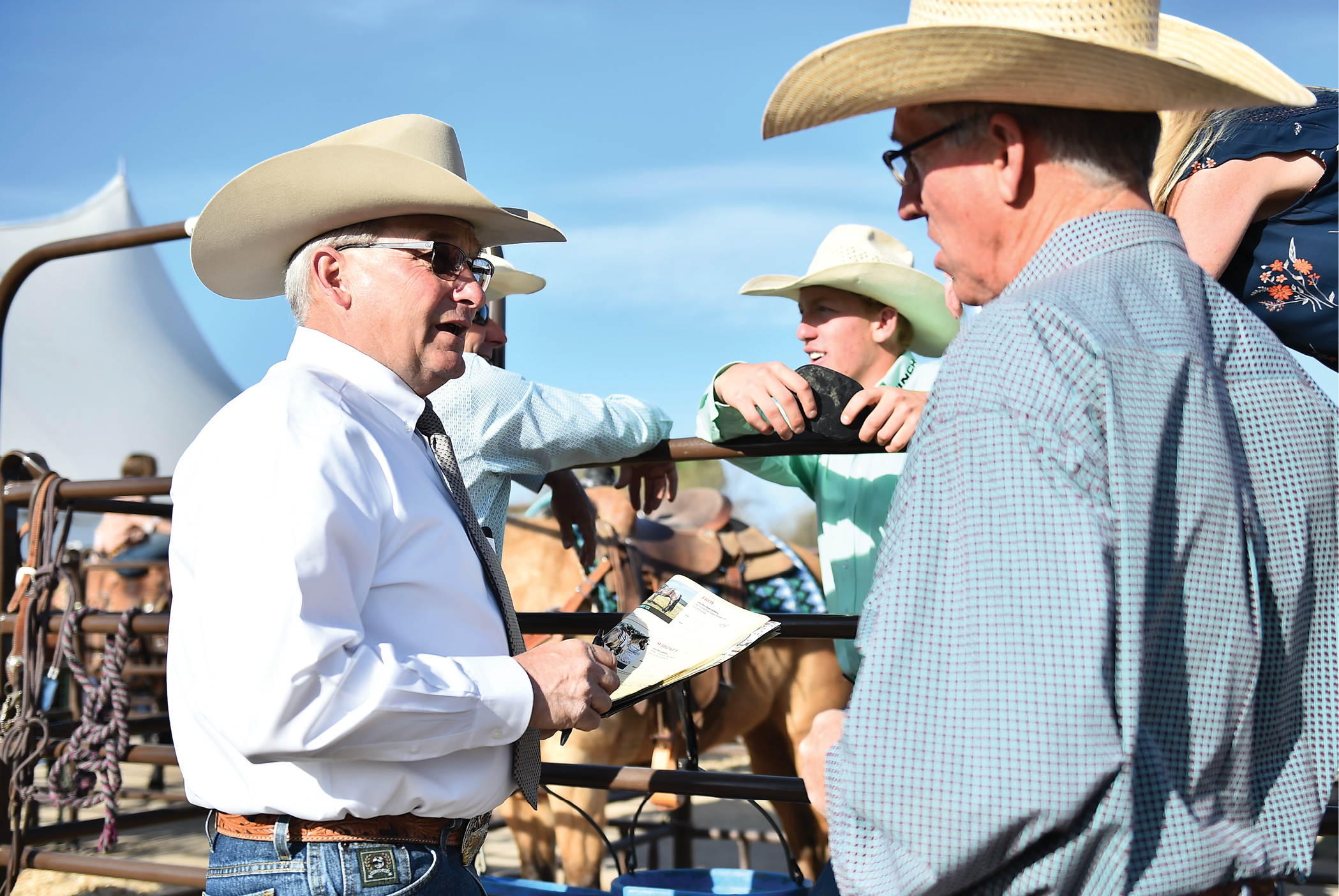
Jamie Arviso Courtesy Yost Events
Choose a Catalog Sale.
While some horse sales are more fly-by-night operations where you might just find a diamond in the rough, most reputable sale companies offer catalog sales with horses’ information listed long before sale day.
“Horses in catalog sales weren’t just bought yesterday and sold tomorrow,” Friskup cautioned. “You can do your homework on a horse and seller long before you ever get to the sale that way.”
Research the Consignor.
Sellers put horses in sales these days for any number of reasons—not just to unload them to the highest bidder. Some sellers prefer the one-stop-shop atmosphere of the sale.
“Horse traders have always been held at arm’s reach, but there are people who are in the horse industry to improve the product to a higher level,” Friskup said. “They train and they fit and they have a good reputation of selling you what they’ve represented to sell you. You find people who have done this for a living. We have people at our sale who may only sell one or two a year, but they ranch and wheat pasture on them and they’re honest and they do a good job.”
Large breeding operations with top bloodlines may prefer to sell their large herds through sales, as do big ranches looking to cut down on their remudas of hardy geldings.
“We put the consignors’ phone numbers right there in the catalog and on every Facebook post,” Bowman said. “People won’t consign a horse they don’t want to talk to somebody about, so that really helps the quality of the sale.”
Do Your Homework.
“Even if it’s an elite sale where everything is supposed to be right, it needs to be right for YOU,” Parker said. “Call the consignors. Ask for additional video and pictures. If there’s any way to go try the horses you’re interested in prior to sale day, do it. If you know you’re going to a sale, set something up there to try the horses.”
At Parker’s BLS, each monthly sale might offer 200-300 head of horses, with everything from weanlings to ranch geldings and everything in between. Chances are, you’ll be interested in more than one.
“Make the phone calls on all of them,” Parker added. “If you’re coming to the sale, be at the preview. If you want a 4-H horse or one you hope is the rockstar reiner that you’re looking for, it has to fit your level of good—not mine as sale manager, not your neighbors’, not your husband’s, not your best friend’s. It has to fit what you want and feel how you want it to feel. What is broke to one person is not broke to another. So you won’t know that unless you put in the work up front.”
And if you’ve still got questions, feel free to contact the sale manager. He or she will know the background on the consignor and his or her horses. Because the sale manager values his or her own reputation, too, you’re likely to get an honest answer.
Conduct a Pre-Purchase Exam.
Yes, even when buying a horse through a sale, it’s a good idea to have a prepurchase exam done ahead of time so you know if you can raise your hand to bid in full confidence.
“Soundness is relative,” Parker said. “You need to feel good about what you’re buying, but too many people from beginners to tough competitors get too wrapped up in it. Life is short, time is short. Do you want to win? Do you want to go on a trail ride? Maybe the horse needs maintenance, but it’s well worth it. Remember, you can have all the x-rays you want available, but if you don’t have somebody to read them that matters, it doesn’t mean anything. Get a veterinarian you trust to look at the horse before the sale.”
Research the terms.
Each sale company operates on its own terms as far as soundness guarantees go. Don’t walk into a sale and be surprised by the terms.
“If you’re not sure, call the sale manager and find out how they’ll handle the situation if one should arise,” Friskup said. “There are a lot of different situations as far as soundness goes. Find the sale company policy so you know ahead of time if there is an issue.”
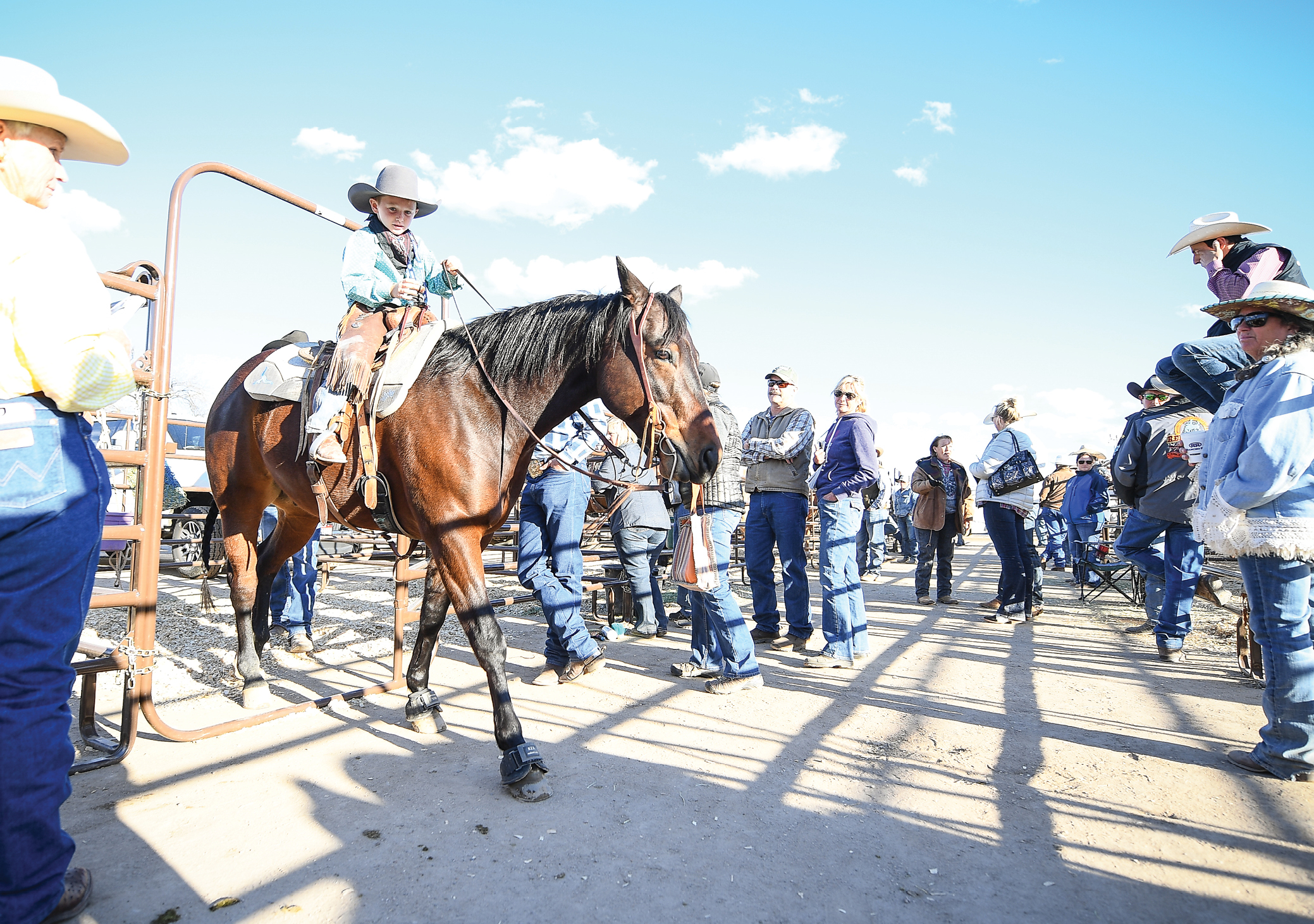
Jamie Arviso Courtesy Yost Events
On Sale Day
Register as a Buyer.
If you’re buying in person, most sales allow you to walk up in-person. Bring a copy of your driver’s license, as well as your bank account information and method of payment. Some sales operate as cash or check only, while others permit money orders or bank wires. And payments must be made before the horse leaves with the buyer.
Check Again.
If you’ve done your homework and seen the horses in person before sale day, it’s still worth walking through the sale barn to take another look at each horse and visit with the consignors.
Bring Help.
“Depending on your expertise, if you’re buying a horse for your personal use, it’s good to have a second set of eyes of someone you trust,” Friskup said. “Bring somebody who’s familiar with your needs and the equine industry. They can confirm what you’re thinking or tell you if you’re off base.”
Know Your Budget.
Once a sale gets started, auctioneers can roll through horses quickly. Be prepared with how much you can spend so you’re not caught off guard.
“Keep up with the pace of the auction, know your budget, know your limits, so you don’t have to make a five-minute decision in a two-and-a-half-minute situation,” Friskup said.
After the Sale
Find Shipping.
Many established sale barns have a long list of cross-country haulers they recommend for horses purchased through their sale.
“We keep a list of haulers we recommend,” Bowman said. “Shipping a horse can be intimidating if you’ve never done it, but that’s what we’re set up to do—to help our buyers.”
Soundness Problem?
If you checked with the sale manager and read the sale paperwork before hand, you likely know the policy each sale maintains for the horse’s soundness.
“When it doesn’t work out, you have to figure out if that’s on you or on the consignor,” Parker explained. “That’s part of going through the weeds. People don’t want to take responsibility. Did you not ride him? Did you not get there early enough to watch him in the preview? I don’t know one sale manager that isn’t going to help someone out. Consignors on a better-end horse know that it better be good, or you better trade them out or help them find something. Consignors who want to be in this business 10 years from now will fix those things whether it’s their fault or not.”
Parker’s BLS guarantees sound horses ridden through the ring until Monday at noon following a Saturday sale and Tuesday at noon following a Sunday sale unless otherwise stated.
“We have a 72-hour soundness guarantee on all horses sold through catalog,” Bowman said. “Our policy is simple: If you trot across the driveway and they limp, they come back. If they are sound, they’re sold. We honor it 100%. It’s been a great policy to have and it’s brought a lot of quality into the sale.”
Buying Online? Here Are Two Things You Need to Know:
Whether you’re buying online or in person, you can’t forget to do your homework on each horse before the sale: watch the videos, do a vet check, and know what you’re buying. But a few more details may come into play that you’ll need to prepare for:Register early. Many auction houses require online bidders to submit banking information—including a letter of credit.
Check the guarantees. At Billings Livestock, Parker adjusted her soundness guarantee policy to better accommodate online buyers during the COVID-19 pandemic.
“We have a tighter hold on the soundness requirements for horses sold online,” Parker said. “Horses sold in person are guaranteed sound until Monday at noon, while horses sold on the internet must be sound until Wednesday at noon. Consignors choose, knowing there’s stricter issues on their broadcast rules. Maybe they didn’t want to pay the upcharge, maybe they know he’s got a wire cut that they don’t want to hear about it on Wednesday if the guy takes him and uses him hard for two days. We don’t broadcast the whole thing and fight our way out of a paper bag. It comes down to your own credibility and integrity and want to do it right.”

